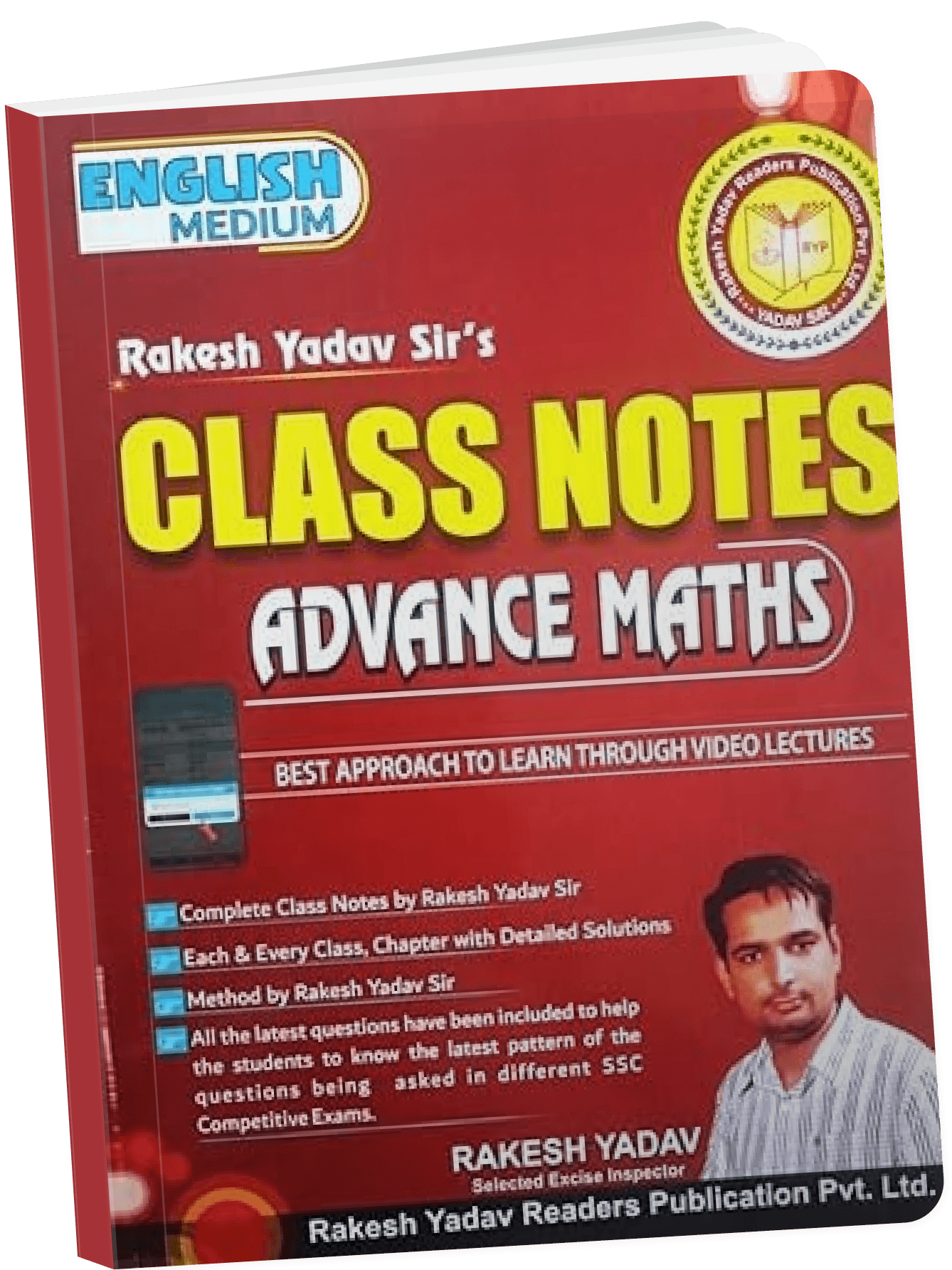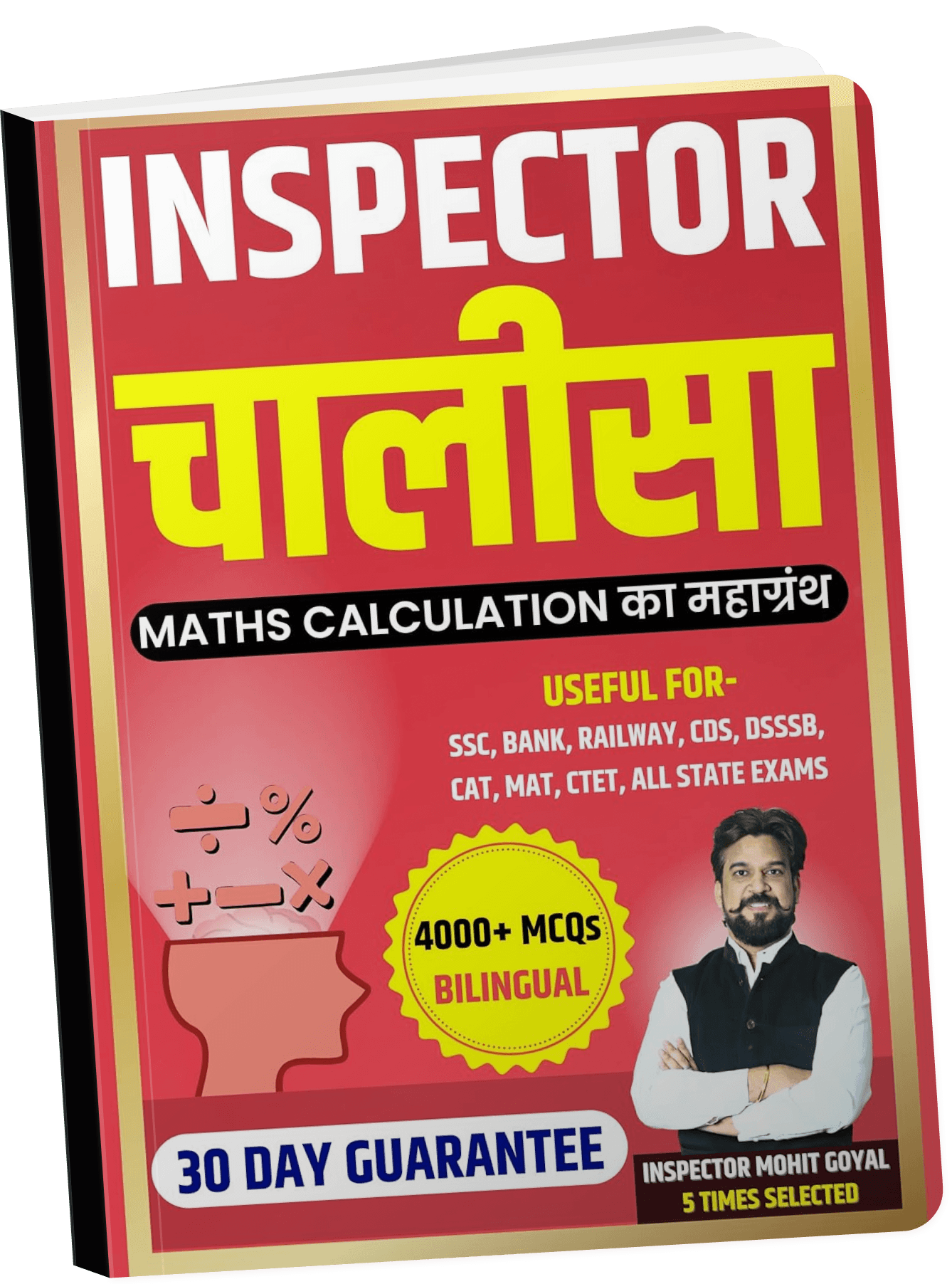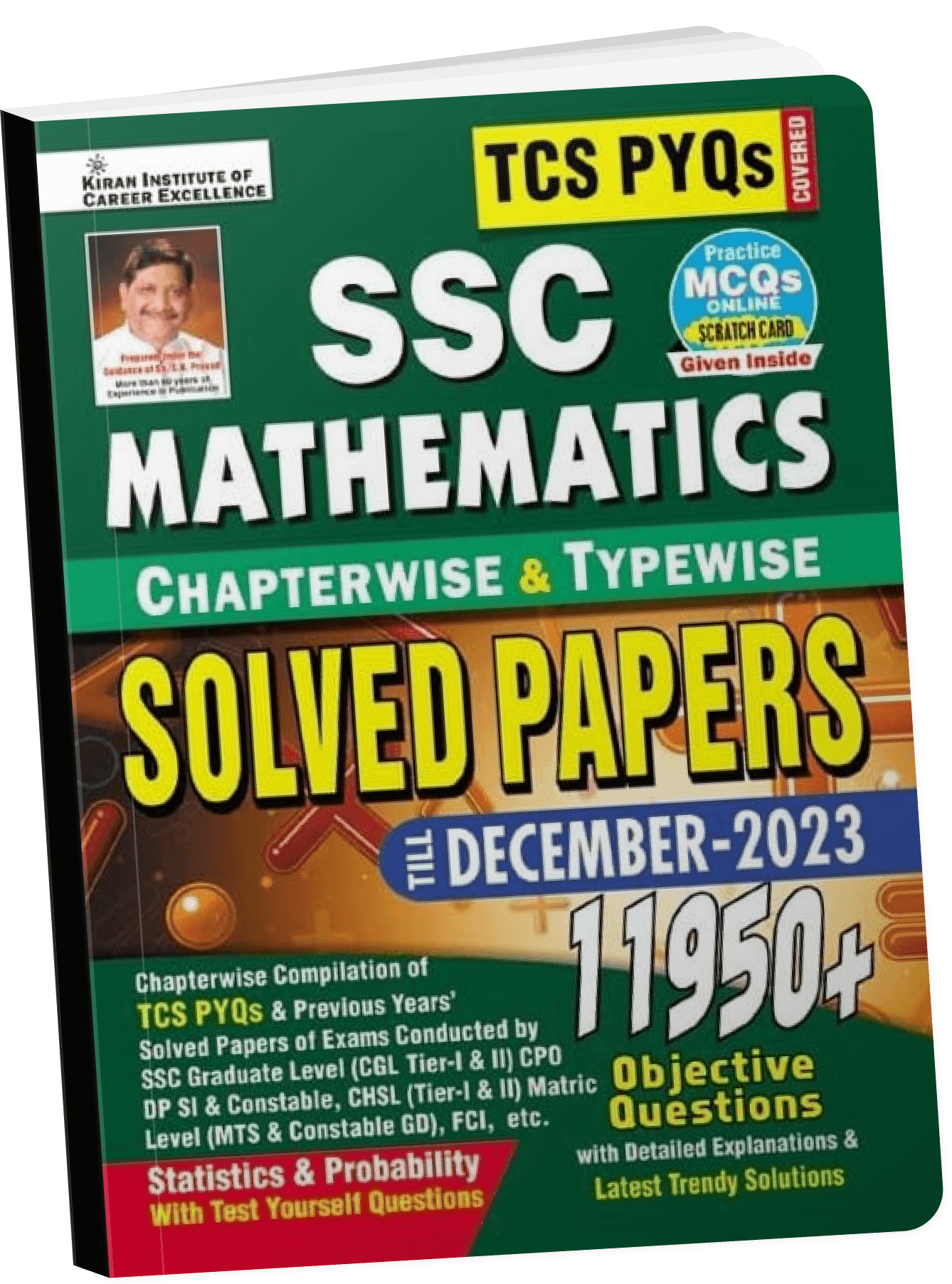Search
Search
LCM and HCF (Complete)
LCM and HCF are fundamental concepts in number theory, representing two different ways of analyzing and manipulating integers.
1. LCM (Least Common Multiple): The LCM of two or more integers is the smallest positive integer that is divisible by each of the given integers without leaving a remainder. In other words, it is the smallest common multiple of the integers. The LCM is denoted by "lcm(a, b)" or "LCM[a, b]".
For example:
- The LCM of 4 and 6 is 12, as 12 is the smallest number divisible by both 4 and 6.
- The LCM of 8, 12, and 15 is 120, as 120 is the smallest number divisible by all three integers.
2. HCF (Highest Common Factor), also known as GCD (Greatest Common Divisor): The HCF of two or more integers is the largest positive integer that divides each of the given integers without leaving a remainder. In other words, it is the greatest common divisor of the integers. The HCF is denoted by "hcf(a, b)" or "HCF[a, b]".
For example:
- The HCF of 12 and 18 is 6, as 6 is the largest number that divides both 12 and 18 without leaving a remainder.
- The HCF of 24, 36, and 60 is 12, as 12 is the largest number that divides all three integers without leaving a remainder.
Both LCM and HCF are used in various mathematical operations, such as simplifying fractions, solving equations, and finding common multiples or divisors of numbers. They are fundamental concepts in arithmetic and number theory with applications in many areas of mathematics and beyond.
LCM and HCF are fundamental concepts in number theory, representing two different ways of analyzing and manipulating integers.
1. LCM (Least Common Multiple): The LCM of two or more integers is the smallest positive integer that is divisible by each of the given integers without leaving a remainder. In other words, it is the smallest common multiple of the integers. The LCM is denoted by "lcm(a, b)" or "LCM[a, b]".
For example:
- The LCM of 4 and 6 is 12, as 12 is the smallest number divisible by both 4 and 6.
- The LCM of 8, 12, and 15 is 120, as 120 is the smallest number divisible by all three integers.
2. HCF (Highest Common Factor), also known as GCD (Greatest Common Divisor): The HCF of two or more integers is the largest positive integer that divides each of the given integers without leaving a remainder. In other words, it is the greatest common divisor of the integers. The HCF is denoted by "hcf(a, b)" or "HCF[a, b]".
For example:
- The HCF of 12 and 18 is 6, as 6 is the largest number that divides both 12 and 18 without leaving a remainder.
- The HCF of 24, 36, and 60 is 12, as 12 is the largest number that divides all three integers without leaving a remainder.
Both LCM and HCF are used in various mathematical operations, such as simplifying fractions, solving equations, and finding common multiples or divisors of numbers. They are fundamental concepts in arithmetic and number theory with applications in many areas of mathematics and beyond.
LCM and HCF are fundamental concepts in number theory, representing two different ways of analyzing and manipulating integers.
1. LCM (Least Common Multiple): The LCM of two or more integers is the smallest positive integer that is divisible by each of the given integers without leaving a remainder. In other words, it is the smallest common multiple of the integers. The LCM is denoted by "lcm(a, b)" or "LCM[a, b]".
For example:
- The LCM of 4 and 6 is 12, as 12 is the smallest number divisible by both 4 and 6.
- The LCM of 8, 12, and 15 is 120, as 120 is the smallest number divisible by all three integers.
2. HCF (Highest Common Factor), also known as GCD (Greatest Common Divisor): The HCF of two or more integers is the largest positive integer that divides each of the given integers without leaving a remainder. In other words, it is the greatest common divisor of the integers. The HCF is denoted by "hcf(a, b)" or "HCF[a, b]".
For example:
- The HCF of 12 and 18 is 6, as 6 is the largest number that divides both 12 and 18 without leaving a remainder.
- The HCF of 24, 36, and 60 is 12, as 12 is the largest number that divides all three integers without leaving a remainder.
Both LCM and HCF are used in various mathematical operations, such as simplifying fractions, solving equations, and finding common multiples or divisors of numbers. They are fundamental concepts in arithmetic and number theory with applications in many areas of mathematics and beyond.
More Maths Topics
Complete Math's Revision
Complete Math's Revision
LCM and HCF (Complete)
LCM and HCF (Complete)
Coordinate Geometry (Complete)
Coordinate Geometry (Complete)
Series (Complete)
Series (Complete)
Calculation of simple probabilities (Complete
Calculation of simple probabilities (Complete
Math's Strategy
Complete Strategy for Maths
Complete Strategy for Maths
How to improve your score in Maths
How to improve your score in Maths
Mistakes you should avoid
Mistakes you should avoid
How to improve calculation speed
How to improve calculation speed



